A Pediatric Dentist’s Top 10 Most Common Treatments
Sep 18, 2024
Dentistry for kids can be a simple dental cleaning or a complicated treatment. Learn about the ten most common treatments provided by a pediatric dentist.
BOOK ONLINE Book online and schedule your appointment today!
909-453-6600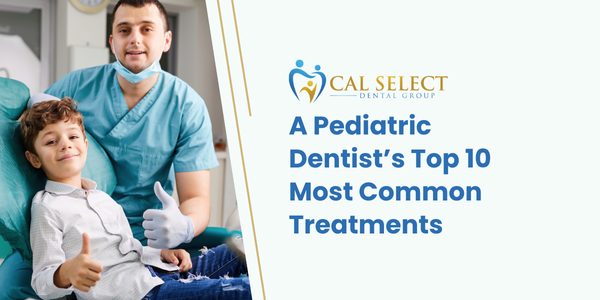
Sep 18, 2024
Dentistry for kids can be a simple dental cleaning or a complicated treatment. Learn about the ten most common treatments provided by a pediatric dentist.

Jul 14, 2024
Wondering if the lemon juice whitening method is safe for your teeth? Our team covers its effectiveness, risks, and how it compares to professional whitening.
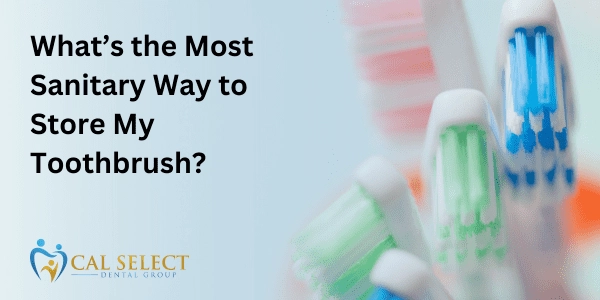
Jun 04, 2024
Brushing your teeth regularly isnt enough. Protect your health by storing, cleaning, and replacing your toothbrush properly.
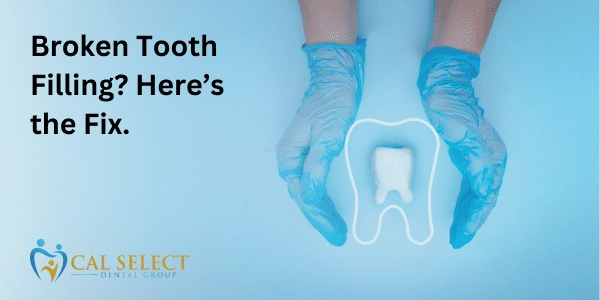
Apr 29, 2024
Broken fillings may be painless, but a broken tooth filling is a medical emergency that must be addressed. Find an emergency dentist near you with Cal Select.

Mar 01, 2024
Do sugar-free energy drinks harm your teeth? Learn about acidity levels, prevention tips, and how to protect your dental health. Keep your smile sparkling
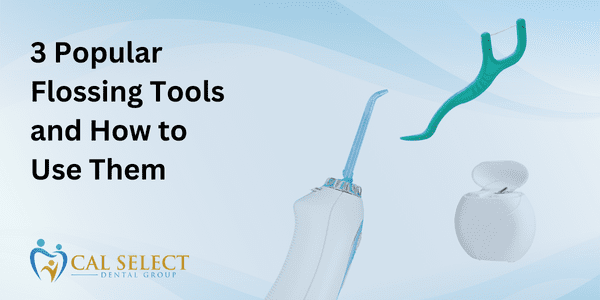
Jan 29, 2024
The pros and cons of traditional floss, floss picks, and water flossing. From traditional string to electronic picks, find the perfect fit for your lifestyle.
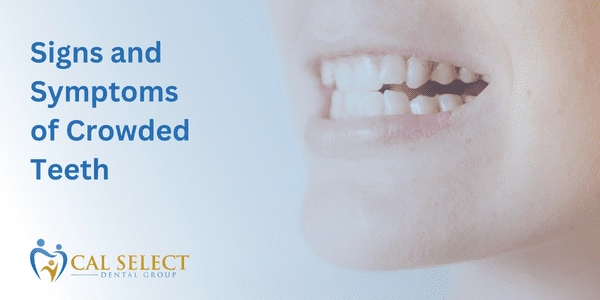
Nov 28, 2023
Crowded teeth can cause pain, among other issues. Explore our blog for expert dental tips on dealing with crowded teeth and achieving a perfect alignment.
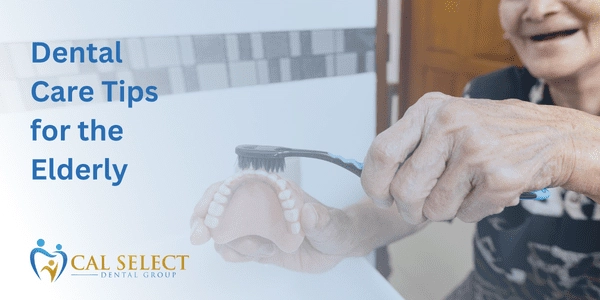
Oct 30, 2023
You may wonder how you can keep a smile as you enter an older age. There are no secrets, but here are a few tips that can help!
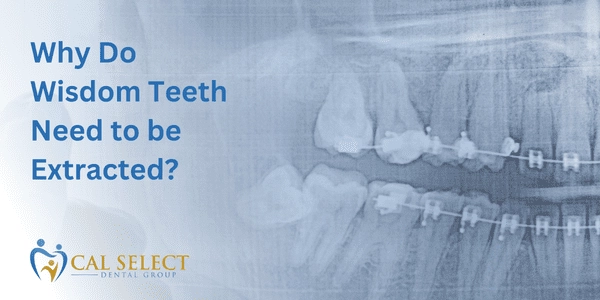
Oct 20, 2023
Here, we cover wisdom teeth extraction, from common issues to impacted consequences. Learn about the benefits of early removal and what to expect after removal.
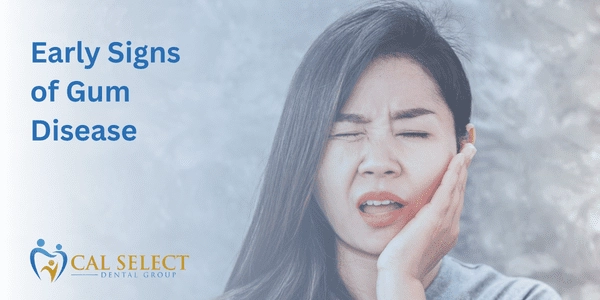
Sep 27, 2023
Learn more about the early warning signs of gum disease and why timely intervention is crucial. Protect your oral health with proactive dental care.